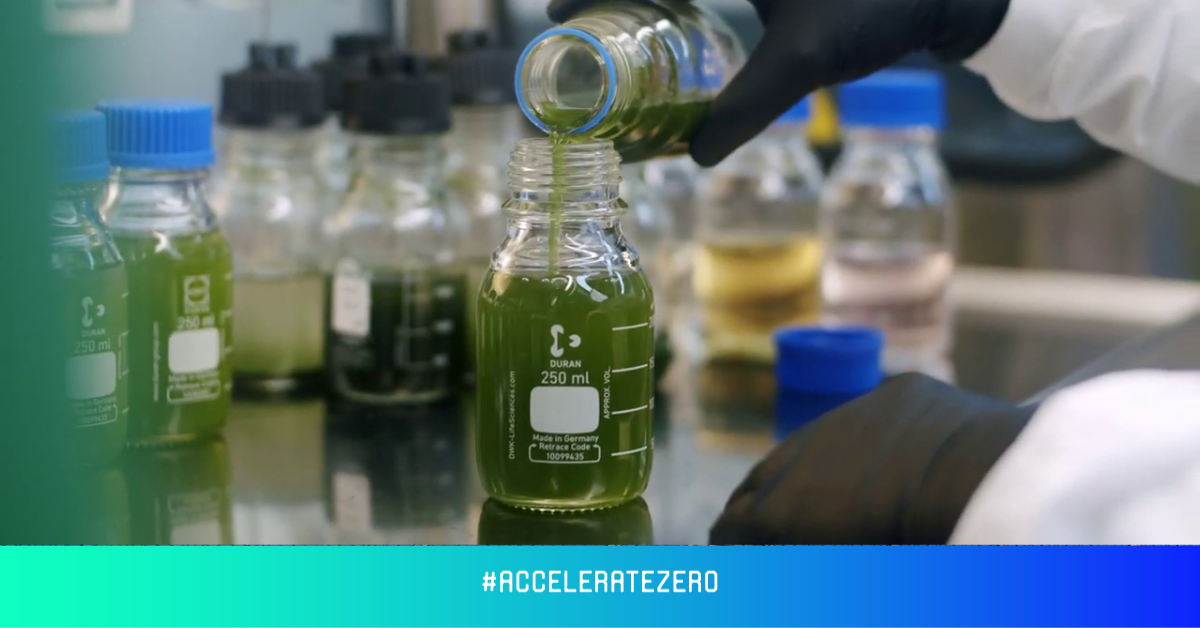Sep 15, 2021 12:18:28 AM
Editorial Team

In general, biomanufacturing presents a significant promise in reducing the environmental impact of conventional practices currently deployed by the agriculture and chemical synthetics industry.
By rethinking bio production systems and aligning sustainable practices with increased quality and better economics, the market will naturally veer towards more sustainable solutions. This is exactly what Provectus Algae has set out to do and so far, making headway in this endeavour.
Founder and CEO Nusqe Spanton spent 17 years working on some of the latest aquaculture operations in the pearl oyster industry. A key part of successful oyster farming is identifying and delivering precise nutritional requirements, in the form of novel algae species, to the oysters at the optimal time in their development cycle.
Over time, Nusqe came to realise that some of the compounds within the algae had the potential to be far more valuable than the pearls. Furthermore, as Nusqe began to experiment with his own novel lighting systems, he was able to achieve unconventional growth rates beyond what’s usually achieved in any commercial or academic settings.
Recognising an opportunity to use microalgae to revolutionise bioproduction in both quality, cost and sustainability, Nusqe then founded Provectus Algae in 2018, with the goal of painting a better future for the planet and multiple industries.
“By leveraging a 3.5 billion-year head start that microalgae has in producing valuable molecules from the abundant resources of light and CO2, we are building a new biomanufacturing solution that will be a key pillar in the landscape tomorrow,” said Nusqe.
"Biomanufacturing presents a significant promise in reducing the environmental impact of the conventional practices currently deployed by agriculture and the chemical synthetics industry."
Through a step change in its approach to biomanufacturing using microalgae, Provectus Algae is able to unlock solutions that aren't presently available in the marketplace. Some of the key benefits that companies engaged in trade of specialty molecules can expect from this innovation include: a reduction of CO2 emissions associated with typical production process; replacement of undesirable chemical synthetics with higher quality, natural and biosynthetic products; discovery of new products through the process of bioprospecting or use algae as the host to develop new biosynthetic products; and supply chain security of important molecules by mitigating risks of seasonal variation, logistic challenges or adverse political impact.
For Nusqe, the most frictionless path to fight climate change is to align more sustainable practices with increased quality and better economics, creating a market pull towards sustainable solutions.
“This is exactly what biomanufacturing with algae is able to do,” he said.
“As we further the efficiency of our production platform, we will work closer and closer to carbon negative production. This means we could potentially remove CO2 from the atmosphere while producing better products at more competitive prices for our customers,” Nusqe concludes.
Photo courtesy of Provectus Algae
***
Nusqe Spanton, Founder and CEO of Provectus Algae, spoke at the Impact X Summit Sydney 2021: Climate growth and accelerating pathways to zero emissions.